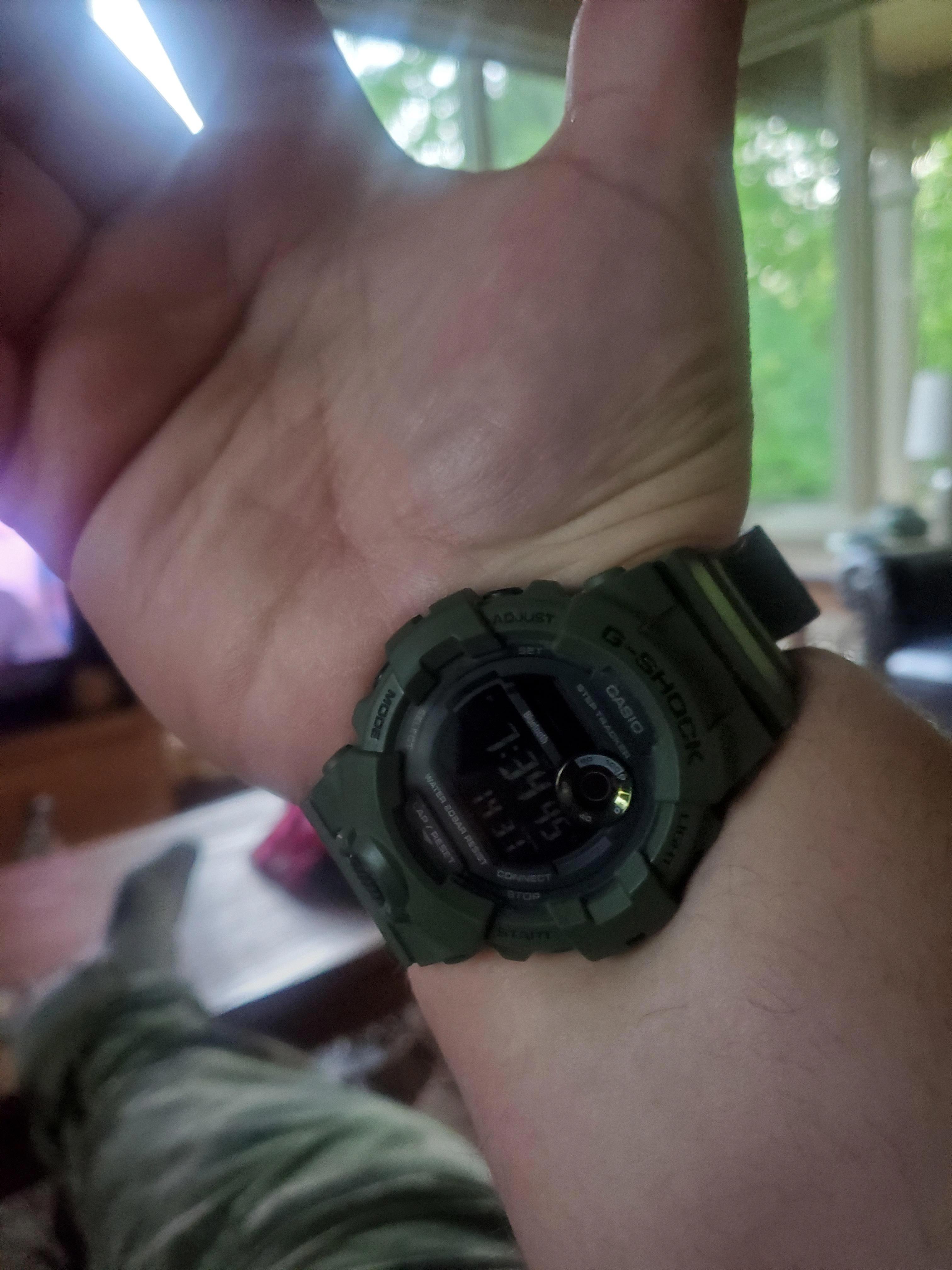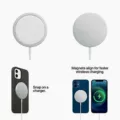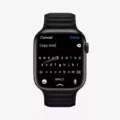Bluetooth technology has become an essential feature in our modern devices, allowing us to connect wirelessly to various peripherals and accessories. However, it can be frustrating when your Bluetooth keeps turning off or fails to connect properly. In this article, we will explore the possible reasons behind this issue and provide some useful troubleshooting steps.
One common reason for Bluetooth connection issues is low battery power. If your headphones or other Bluetooth devices have low battery, they may disconnect from your phone. To avoid this, ensure that your Bluetooth devices are fully charged before attempting to connect them to your phone.
Another factor that can affect Bluetooth connectivity is distance. If you move too far away from your phone while wearing your headphones or using a Bluetooth speaker, the Bluetooth connection may weaken and eventually disconnect. To avoid this, try to stay within a reasonable range from your phone or the Bluetooth device.
Having too many apps open on your device can also disrupt the Bluetooth connection. When your device’s memory is overloaded, it may struggle to maintain a stable Bluetooth connection. To resolve this, close down any unused apps and free up some memory on your device.
The distance between your Bluetooth device and your phone can also play a role in the connectivity issues. Bluetooth technology generally has a range of up to 32 feet or 10 meters. If you are too far away from your Bluetooth device, try moving closer to establish a stronger connection.
Sometimes, a simple restart of your device can help resolve Bluetooth issues. Rebooting your phone can clear the memory cache and eliminate any temporary glitches that may be affecting the Bluetooth functionality.
It’s worth noting that certain sources of interference can disrupt Bluetooth audio. Microwave ovens, for example, emit radio waves that can interfere with Bluetooth signals. Make sure there are no sources of interference in the vicinity of your Bluetooth device.
If you are experiencing Bluetooth issues on a Windows 11 device, it’s possible that audio enhancements may be causing problems. Windows 11 has built-in audio enhancements that can sometimes interfere with Bluetooth audio. To fix this, disable any audio enhancements in your device’s settings.
In some cases, the problem may lie within your phone’s firmware. An outdated operating system can cause Bluetooth connectivity issues. Ensure that your phone’s software is up to date by installing any available updates.
Lastly, malware attacks on Bluetooth cache files can also disrupt Bluetooth connectivity. It’s important to keep your device secure by regularly scanning for malware and ensuring that your antivirus software is up to date.
Bluetooth connectivity issues can be caused by a variety of factors. By ensuring that your Bluetooth devices are fully charged, staying within a reasonable distance, closing unused apps, and addressing any sources of interference, you can improve the reliability of your Bluetooth connection. Additionally, keeping your device’s software up to date and maintaining security measures can help prevent malware-related Bluetooth issues.
Why Does My Bluetooth Device Keep Turning Off?
There could be several reasons why your Bluetooth device keeps turning off. Here are some possible explanations:
1. Low battery: If your device has a low battery, it may automatically turn off to conserve power. Make sure your device is sufficiently charged before using Bluetooth.
2. Interference: Bluetooth signals can be disrupted by other electronic devices or physical barriers such as walls. If there are multiple devices using Bluetooth in close proximity or if there are obstacles between your device and the Bluetooth source, the connection may be interrupted.
3. Software issues: Sometimes, software glitches or compatibility issues can cause Bluetooth to turn off unexpectedly. Ensure that your device’s software is up to date and consider restarting your device to resolve any temporary software issues.
4. Range limitations: Bluetooth has a limited range, typically around 30 feet. If you move too far away from the Bluetooth source, the connection may weaken and disconnect. Stay within the recommended range for optimal performance.
5. Bluetooth version compatibility: Different versions of Bluetooth may have varying levels of compatibility. If your device and the Bluetooth source have different Bluetooth versions, it could lead to connectivity problems. Ensure that your device supports the Bluetooth version used by the source.
6. Device settings: Some devices have settings that allow Bluetooth to automatically turn off after a certain period of inactivity. Check your device’s settings to ensure that this feature is disabled if you don’t want Bluetooth to turn off automatically.
7. Hardware issues: In rare cases, there may be hardware malfunctions or defects in your Bluetooth device that cause it to turn off unexpectedly. If you have tried all the troubleshooting steps and the issue persists, consider contacting the manufacturer for further assistance.
Remember to consult the user manual or support documentation specific to your device for detailed instructions on troubleshooting Bluetooth connectivity issues.

Why Does My Bluetooth Keep Disconnecting?
There can be several reasons why your Bluetooth keeps disconnecting. Here are a few possible causes:
1. Too many apps open: When you have too many apps running in the background, it can cause interruptions in the Bluetooth connection. To resolve this, close down any unused apps on your device.
2. Distance from the device: Bluetooth has a limited range, typically around 32 feet or 10 meters. If you are far away from the Bluetooth device, it may struggle to maintain a stable connection. Try moving closer to the Bluetooth speaker or device to improve the connection.
3. Interference: Bluetooth operates on a 2.4 GHz frequency, which is the same frequency used by other devices like Wi-Fi routers, cordless phones, and microwaves. Interference from these devices can disrupt the Bluetooth connection. Try moving away from any potential sources of interference or turning off other devices temporarily to see if it improves the connection.
4. Low battery: If your device or the Bluetooth speaker has a low battery, it may cause frequent disconnections. Ensure that both devices have sufficient battery power to maintain a stable connection.
5. Software or firmware issues: Outdated software or firmware on your device or the Bluetooth speaker can lead to connectivity problems. Make sure both devices are running the latest software updates and firmware versions. If not, update them accordingly.
6. Memory cache issues: Over time, your device’s memory cache can become filled with temporary files, which can affect Bluetooth connectivity. Try restarting your device to clear the memory cache and potentially resolve any Bluetooth-related issues.
By considering these factors and taking appropriate actions, you can troubleshoot and improve the stability of your Bluetooth connection.
Why Does My Bluetooth Cut Off Randomly?
There are several reasons why your Bluetooth audio may cut off randomly. Here are some possible causes:
1. Interference: Bluetooth operates on the 2.4 GHz frequency, which is also used by many other devices like Wi-Fi routers, cordless phones, and microwave ovens. These devices can cause interference and disrupt the Bluetooth signal, resulting in audio dropouts. Make sure there are no sources of interference in the vicinity of your Bluetooth device.
2. Distance: Bluetooth has a limited range, typically around 30 feet (10 meters) without obstacles. If you move too far away from the Bluetooth source, the signal strength may weaken, leading to audio interruptions. Stay within the recommended range for optimal performance.
3. Physical barriers: Bluetooth signals can be obstructed by walls, furniture, and other objects. If there are obstacles between your Bluetooth device and the source, the signal may be weakened or blocked, causing audio drops. Try to minimize the number of obstacles between the devices to improve the connection.
4. Battery level: Low battery levels on either the Bluetooth device or the source can result in intermittent audio. Make sure both devices have sufficient battery power to maintain a stable connection.
5. Software issues: Sometimes, software glitches or compatibility problems can cause Bluetooth audio to cut off randomly. Ensure that both your Bluetooth device and the source have the latest firmware or software updates installed. If the issue persists, you might consider reinstalling or updating the Bluetooth drivers on your computer.
6. Audio enhancements: Windows 11, for example, provides audio enhancement features that can sometimes interfere with Bluetooth audio. Disable any audio enhancements or effects to see if that resolves the issue.
To troubleshoot the problem, you can try the following steps:
– Move closer to the Bluetooth source and check if the audio dropout issue persists.
– Turn off any nearby devices that may cause interference.
– Ensure that both devices have sufficient battery power.
– Check for and install any available firmware or software updates for your Bluetooth devices.
– Disable audio enhancements or effects on your computer.
– If none of the above steps work, you may need to consult the user manuals or contact the manufacturer’s customer support for further assistance.
Remember, Bluetooth audio dropouts can occur due to various factors, and it may take some trial and error to identify and resolve the specific cause in your case.
Why Wont My Bluetooth Stay On?
There could be several reasons why your Bluetooth may not stay on. Here are some possible explanations:
1. Battery level: If your device’s battery is critically low, it may automatically disable Bluetooth to conserve power. Ensure that your device is adequately charged before attempting to turn on Bluetooth.
2. Software issues: Sometimes, software glitches or bugs can interfere with the normal functioning of Bluetooth. Try restarting your device to see if it resolves the problem. If not, check for any pending software updates and install them.
3. Airplane mode: If your device is in airplane mode, it will automatically disable Bluetooth along with other wireless connections. Make sure that airplane mode is turned off if you want to use Bluetooth.
4. Bluetooth interference: Bluetooth operates on a specific frequency, and if there are other devices nearby using the same frequency or emitting strong wireless signals, it can cause interference. Move away from other devices or disable their Bluetooth functionality to see if it helps.
5. Bluetooth cache: Over time, the Bluetooth cache on your device can become corrupted, leading to connectivity issues. Clearing the cache can sometimes resolve the problem. To do this, go to the Bluetooth settings on your device, find the option to clear the cache, and follow the on-screen instructions.
6. Hardware problems: In some cases, the issue may lie with the Bluetooth hardware itself. It could be a faulty Bluetooth chip or antenna. If none of the software-related solutions work, you may need to contact the manufacturer or a technician to diagnose and repair any hardware problems.
Remember, these are general troubleshooting steps, and the exact cause of your Bluetooth issue may vary. If none of these solutions work, it may be best to seek assistance from a professional or contact the manufacturer for further support.
Conclusion
Bluetooth connectivity issues on Android devices can be caused by various factors. These include low battery levels, distance from the connected device, too many open apps, radio interference, and audio enhancements. It is important to ensure that your Bluetooth headphones are fully charged and within a reasonable range of your phone. Closing unused apps and restarting your device can also help resolve connectivity problems. Additionally, minimizing sources of interference, such as microwave ovens, can improve the stability of your Bluetooth connection. disabling audio enhancements on Windows 11 may prevent conflicts with Bluetooth audio. By taking these steps, you can troubleshoot and resolve Bluetooth connection problems on your Android device.







